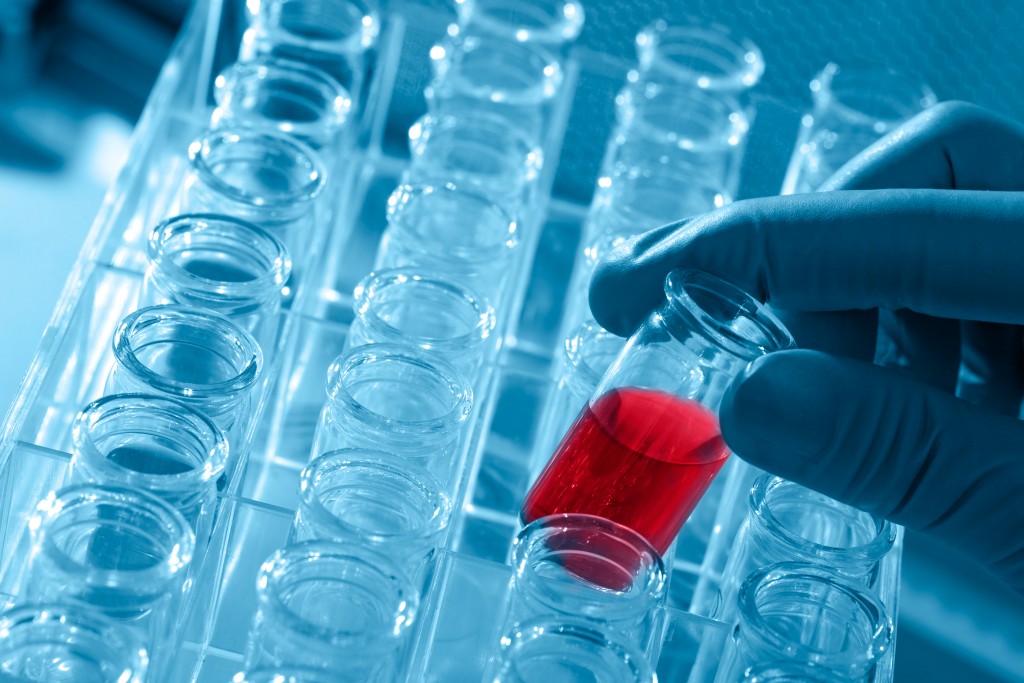A team of researchers at the University of York have developed a new sensor that’s capable of detecting multiple proteins and enzymes in a small volume of blood, which could speed up diagnostic healthcare processes.

Today’s tests use to detect infections or diseases require a blood sample from a patient, which is analyzed in a laboratory to detect markers of disease. The presence of specific proteins can give an indication of a health condition and the best treatment options, but just one type of protein can be identified per sample.
If multiple tests are needed, as in the case of the suspected presence of cancer cells or resistant infection, the delivery of results typically takes longer and the cost of testing increases. Thanks to the team at York, the biosensor they developed combines light and electricity to detect multiple disease biomarkers in one small sample of blood. This technology can make blood tests more comfortable for patients, and more importantly, it can enable results to be processed quicker.
According to Professor Thomas Krauss of the University of York’s Department of Physics, the sensors give fast, real-time results at a low cost. “Not only can this new technology speed the process up, but it can test for a number of proteins and enzymes together in just one sample, increasing the chances of a successful and timely diagnosis,” he said.
Researchers are currently looking to test the new technology in urine samples for urinary tract infections, which have a high resistance to antibiotic treatment. If the biosensor can identify biomarkers of the infection and of resistance, it’s more likely that the correct course of antibiotic treatment will be prescribed the first time around, rather than repeat visits.
“Combining light and electricity in silicon sensors have never been done before,” said Dr. Steve Johnson from the University of York's Department of Electronics. “This exciting new technology provides in-depth analysis of biological interactions and new ways of sensing on the micro-scale.”
The emergence of stratified and personalized medicines — the tailoring of treatments to the biology of the individual — has increased the demands on diagnostic technologies. The research, supported by the UK Engineering and Physical Science Research Council (EPSRC), was originally published in the journal Nature Communications .
Advertisement
Learn more about Electronic Products Magazine





